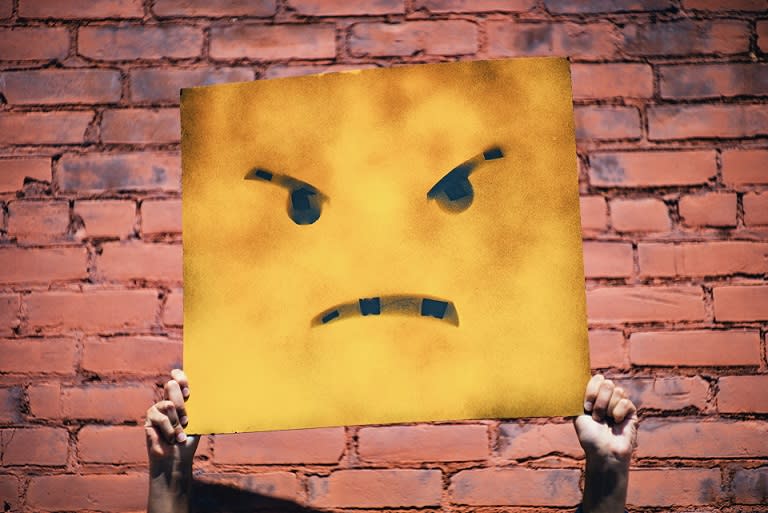Expressing unhappiness: A problem, or sign of societal maturity?

In conjunction with Malaysia Day last year, I shared my thoughts that unity is not a fixed destination, but rather an ongoing journey that requires our conscious effort every day. Recent events, from the ‘Sock-gate’ to the ‘Heels-gate’, have prompted me to revisit this conversation, and perhaps go deeper into the dynamics of our multicultural society.
National Unity Minister, Datuk Aaron Ago Dagang, on April 14, highlighted that Malaysians celebrated six different festivals (Hari Raya Aidilfitri, Ugadi, Vaisakhi, Tamil New Year, Vishu and Songkran) last week alone, showcasing our existing harmony. Additionally, there was a heart-warming report of Chinese villagers in Ladang Bikam, Perak, who created an alternative route to assist fellow Malaysians on their journey back to Kuala Lumpur after the Hari Raya break.
These are clear instances of unity and solidarity in our society. Yet, amidst these positive narratives, there’s a prevailing urge to label every discordant note as a problem in need of a solution. But what if, I dare say, it’s not a problem in the first place?
I believe that the crux of the matter lies in our seemingly relentless pursuit of solutions to all of our perceived problems. Instead of reflexively labelling every discord as a problem to be solved, perhaps we should adopt a different, albeit slightly unusual, perspective: What if these tensions are not problems, but rather signs of societal maturity?
According to Dr Khoo Ying Hooi, Associate Professor and former head of the Department of International and Strategic Studies, Universiti Malaya, it is imperative to widen our lens beyond racial tensions, and consider the broader landscape of sensitive issues that can ignite social unrest, which eventually may lead to positive outcomes.
“For example, in 2022 and early 2023, protests were ignited over various rights and concerns, such as women and minorities in Iran, fuel prices in Kazakhstan, economic failures in Sri Lanka, abortion rights in the United States, and Covid-19 restrictions in China,” said Khoo.
“These protests reflect how sensitive issues, not restricted to racial tensions, can lead to social unrest and reforms. Factors as diverse as distrust of governments, increasing polarisation, rise in activism, and climate and environmental concerns had fuelled various incidents of strikes, riots, and civil commotion, globally,” she said.
Interestingly, according to Khoo, there were instances of social unrest and protests due to sensitive issues dating back to ancient Greek times, too.
“The emergence of philosophical movements like Sophism, and the teachings of philosophers such as Socrates, Plato, and Aristotle that challenged the status quo, also contributed to many important societal debates,” she added.
As we reflect on the recent episodes of uneasiness and discord, hopefully, it becomes increasingly clear that these incidents are not problems, but rather manifestations of our shared humanity, and maturity as a society.
By many accounts, we are living in the most peaceful times in human civilization, and these occasional tensions serve as reminders of our collective journey toward understanding, empathy, and growth.
Remember that we are all humans, bound by our shared experiences, aspirations, and dreams. Each moment of unease presents an opportunity for dialogue, learning, and mutual respect.
We are the only species on the planet with the ability to dream, to imagine, and to build upon those dreams. Let’s celebrate that.
Dr Nahrizul Adib Kadri is an Associate Professor and former Director of Corporate Communications Centre, Universiti Malaya.
The views expressed here are the personal opinion of the writer and do not necessarily represent that of Twentytwo13.
The post Expressing unhappiness: A problem, or sign of societal maturity? appeared first on Twentytwo13.


